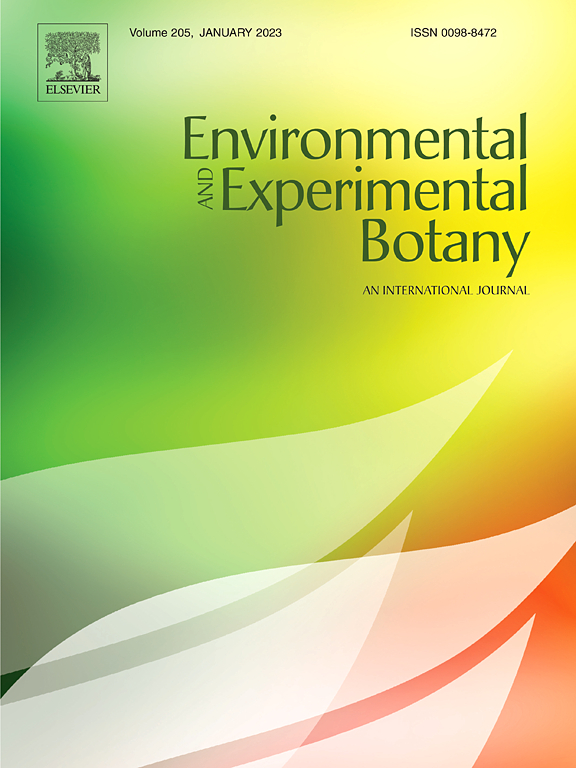Congratulations Tatiana

Finally, the part of Tatiana’s PhD thesis, which has been elaborated over the course of her stay in our lab in 2019, has been accepted for publication in Environmental and Experimental Botany. On behalf of the complete lab, I’d like to congratulate you to this nice work and, once more, I hope you enjoyed your stay in our group.
Rossatto et al. 2023 Environmental and Experimental Botany
Synopsis
The pre-exposure of plants to a potentially stressful condition can stimulate tolerance to subsequent stresses, a phenomenon associated with memory in plants. When the stimuli have different natures, a cross-tolerance phenomenon can take place. The objective of this study was to investigate whether the pre-exposure of rice plants to a saline stimulus at the vegetative stage has the potential to mitigate the effects of a drought event during grain-filling. By evaluating the transcriptional and physiological (e.g. hormones, gas exchange, growth parameters) responses, this study seek to identify likely long-term memory mechanisms. Therefore, rice plants were exposed to a pre-treatment in the vegetative stage induced by 150 mM NaCl solution for four days and then subjected to 16 days of water deficit in the reproductive stage. Physiological parameters were evaluated and the endogenous levels of the plant hormones abscisic acid (ABA), salicylic acid (SA) and jasmonic acid (JA) and RNAsequencing (RNA-Seq) was measured to investigate transcriptional profiles of rice plants subjected to cross-stress. The results demonstrated that primed plants challenged by water stress during the grain-filling stage showed less electrolyte leakage, less damage to the photosynthetic apparatus and increased root growth. The higher ABA concentration in leaves was closely related to the above physiological responses. Along with JA and SA, ABA can be a determinant of long-term stress memory in rice. The annotation of specific cross-tolerance genes pointed to signaling and synthesis of hormones, photosynthesis, stomatal conductance, antioxidant system, glyoxylate cycle and transcription factors. It is concluded that priming with salt in the vegetative stage can mitigates the effects of drought during the reproductive stage at the transcriptional, physiological and hormonal levels.


